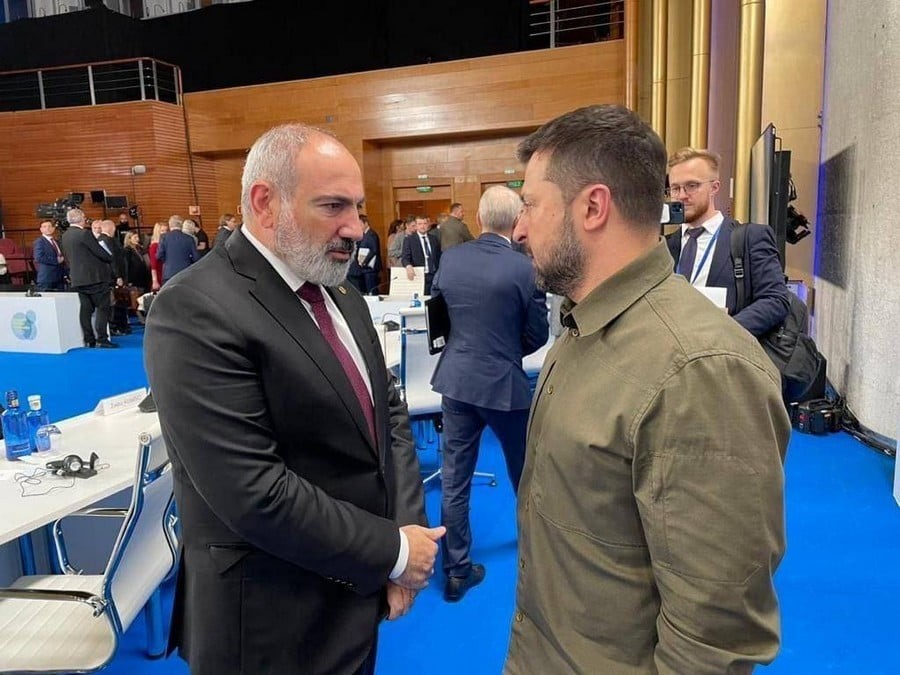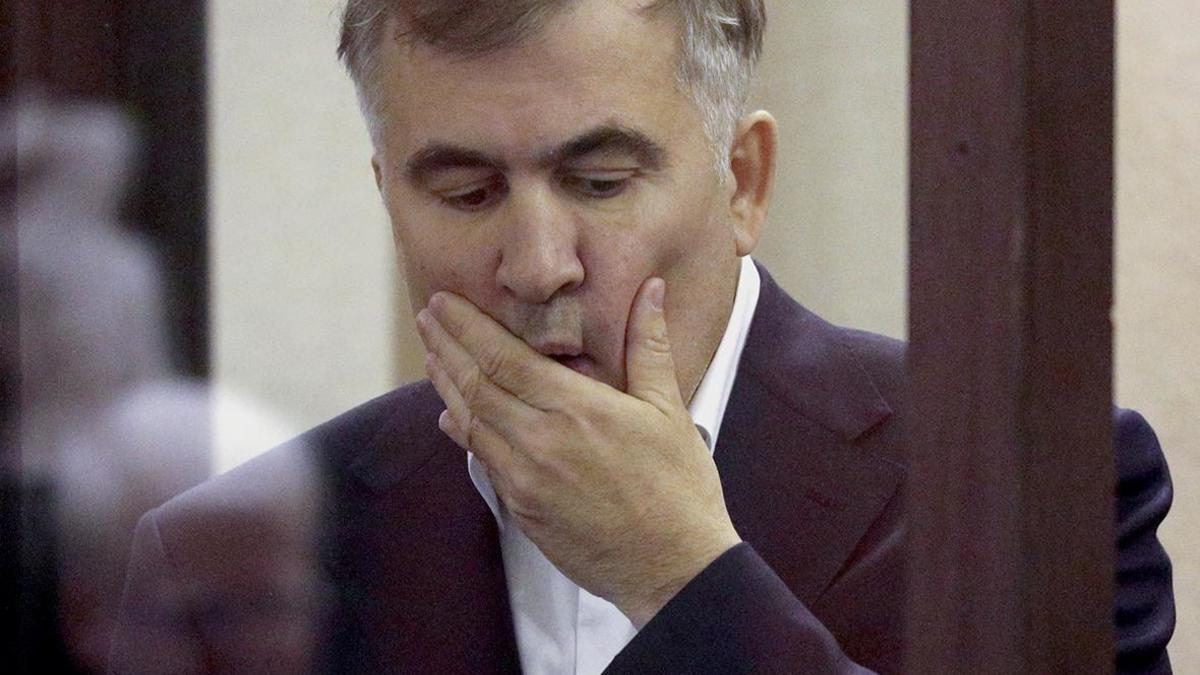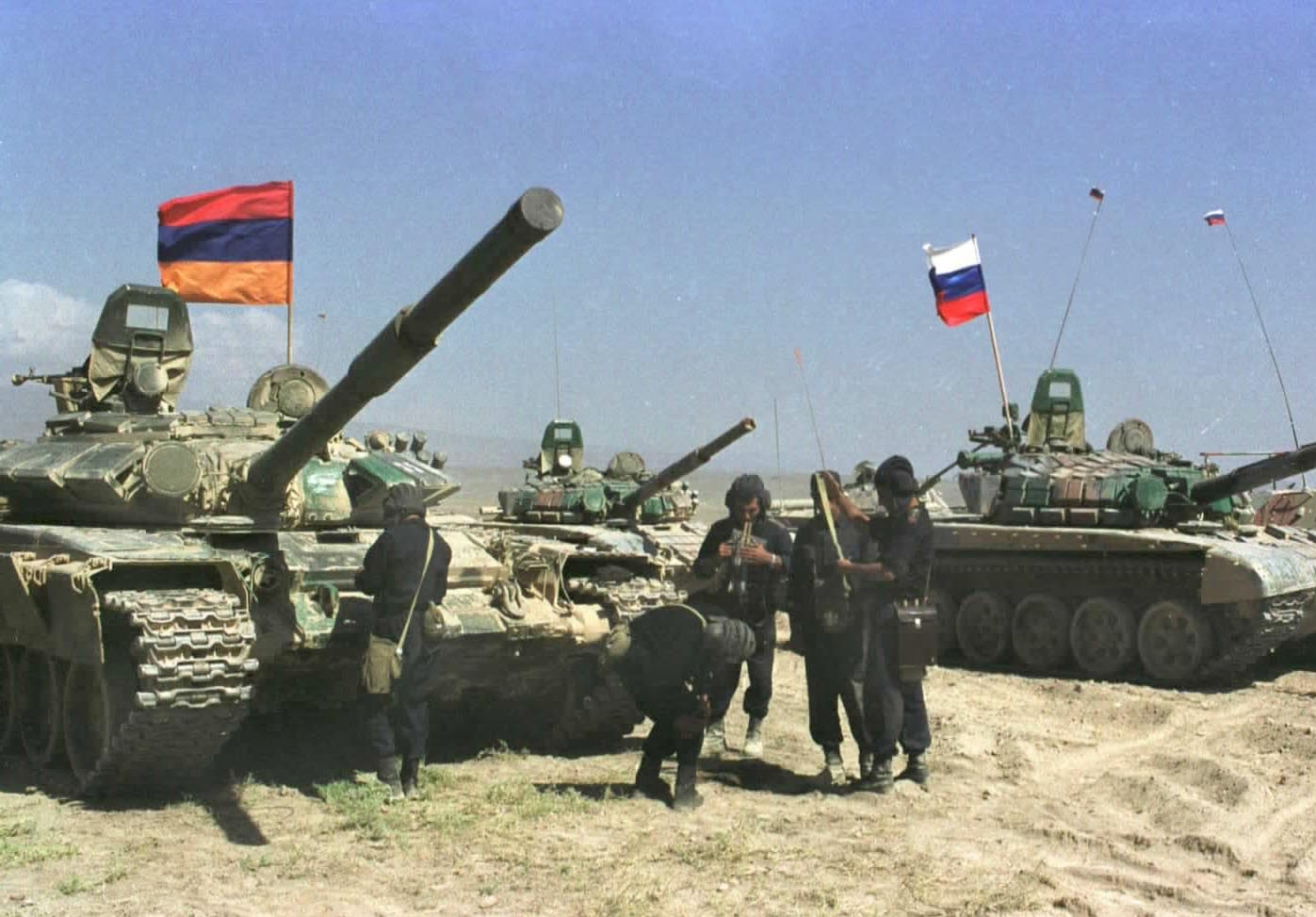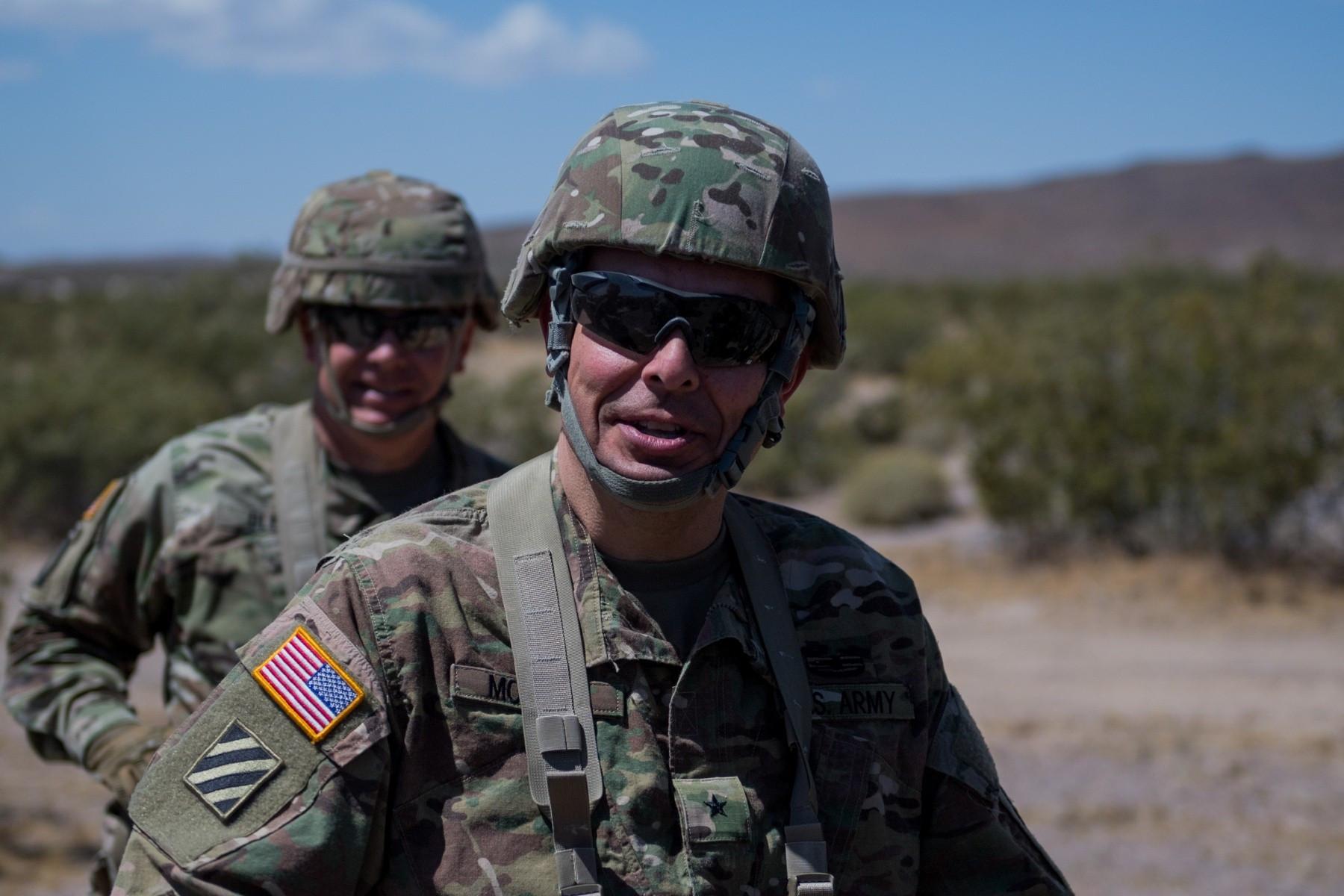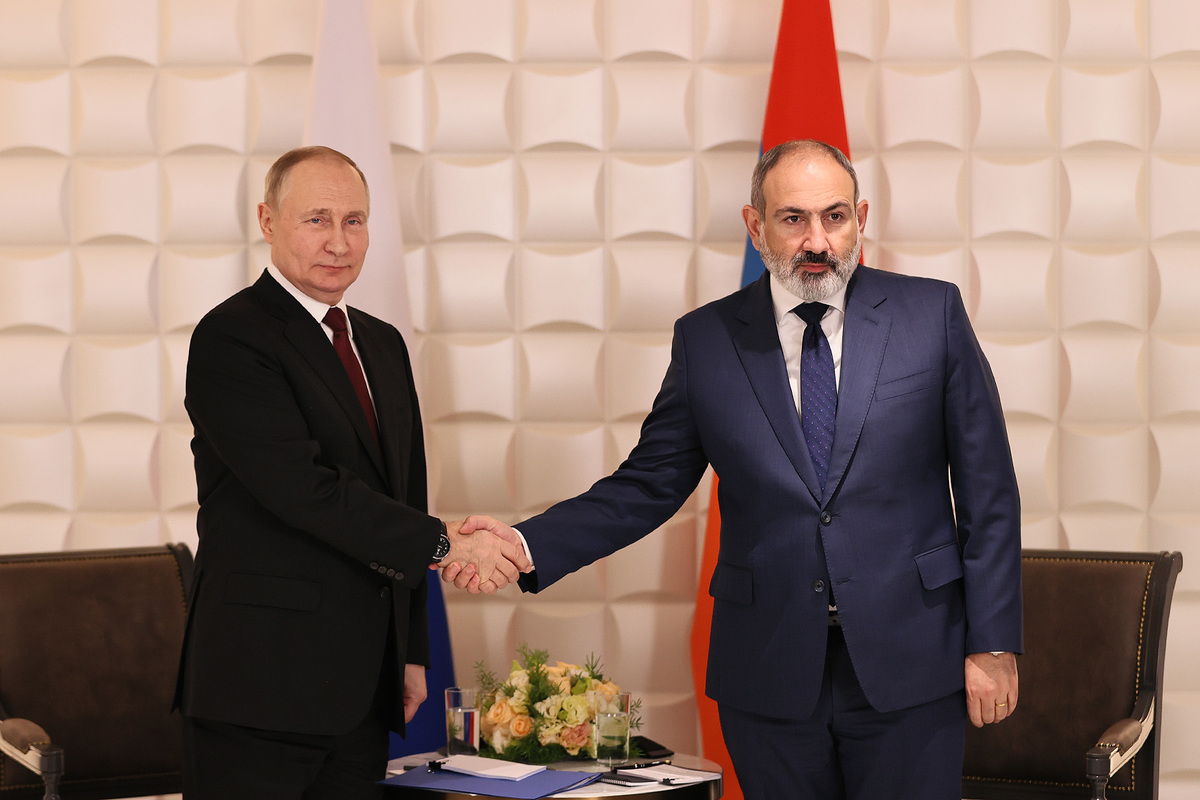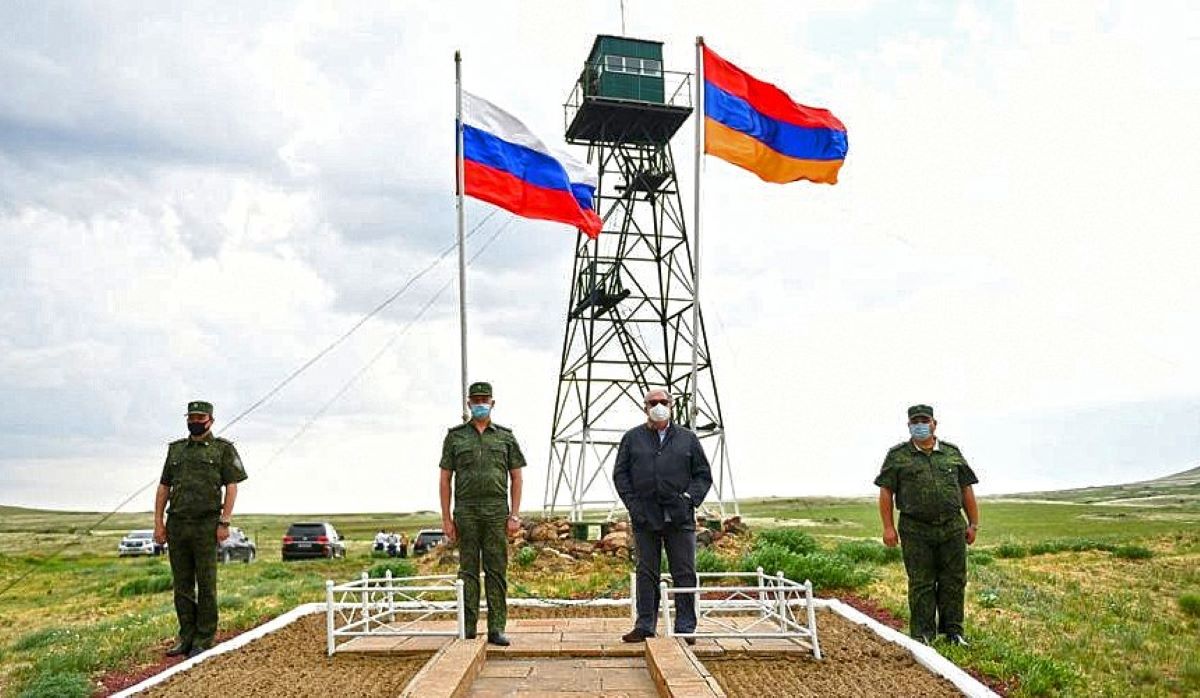Insults against Pashinyan on "Channel One". Will Russian channels be taken off the air?
Russian TV channel’s program about Pashinyan
Russian TV channels being taken off the air is again being discussed in Armenia. This is related to the airing of the next episode of the program “Tutti’s Heir Dolls” of the Russian “Channel One”. It contained manipulative and false information about Prime Minister Nikol Pashinyan; even Putin’s words were distorted for this purpose.
The decision to take Russian TV channels off the air can be made by the Ministry of High-Tech Industry, which has not yet expressed its position.
However, the Russian ambassador was invited to the Armenian Foreign Ministry, who was handed an official note of protest.
“Nikol Pashinyan: a harbinger of trouble”
Nikol Pashinyan was declared “harbinger of trouble” in the very title of the program, reiterated during the entire 53 minutes of airtime. Russian political scientists and political experts expressed their opinion about Pashinyan and his activities. The anchor and the participants of the program used insulting, degrading language. Pashinyan was presented as a politician following the orders of the West. The Prime Minister himself and members of his team, as well as some Armenian politicians and public figures, were declared to be”Soros agents”.
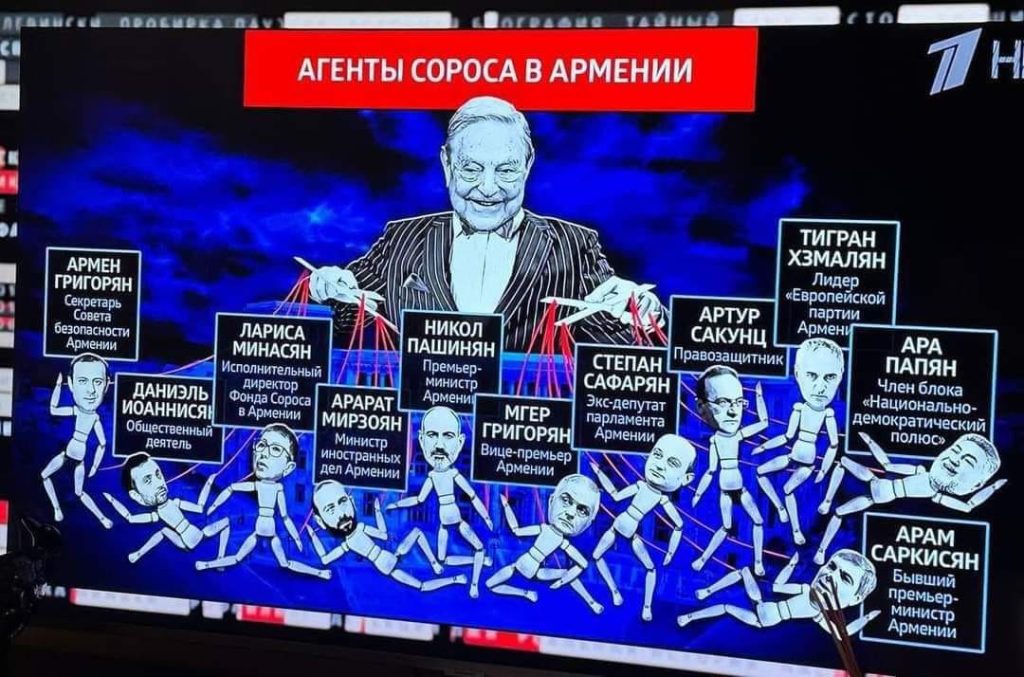
At the same time, the program stressed Russia’s military presence in Armenia. The participants of the program reminded viewers that Russia has a military base and at least 4,000 border guards on the territory of Armenia. They also spoke about the economic dependence of the country on Russia. They emphasized that Armenians annually transfer about 30 billion rubles from Russia to Armenia. They warned that Armenia’s economy would collapse if these funds stopped coming to the country.
Russians were presented as trying to help Armenians settle the conflict in Nagorno-Karabakh, but that “Armenia chose the mediation of the West”. The ratification of the Rome Statute and the Armenian-American military exercises were declared examples of Pashinyan’s pro-Western policy.
Russian peacekeepers deployed in Nagorno-Karabakh were portrayed as saviors. The participants of the program did not talk about their inaction and failure to fulfill their obligations to protect the Armenian population. But interviews with Karabakh Armenians who left their homeland after the September 19 hostilities were shown, saying how grateful they were to the Russian soldiers for their help.
There were allegations that Moscow was trying to solve the issue of unblocking regional transport and build a 45-kilometer section of the so-called “Zangezur corridor.” Russian experts did not say that Armenia is ready to open roads, but against the corridor logic, i.e. the loss of sovereign control in its territories. Instead, they declared that Pashinyan is doing the will of the West, which “prevents the opening of roads so that the region does not develop economically”.
Two Armenians also participated in the program
One of them was political scientist Andranik Migranyan, who is a member of the Union of Armenians of Russia, and in 2009 was awarded a certificate of honor by the President of Russia and later the Order of Honor. Another was Andranik Tevanyan, a former member of the “Armenia” parliamentary bloc headed by former Armenian President Robert Kocharyan. Now he is a member of the Council of Elders of Yerevan, i.e. the capital municipality, and heads the opposition “Mother Armenia” bloc.
The guests of the program also criticized Pashinyan’s activities. They tried to convince viewers that the incumbent Prime Minister cannot represent the Armenians of Armenia or Nagorno Karabakh, as he does not serve the interests of the Armenian people.
Society was particularly outraged by the participation of Armenians in this anti-Armenian program. After the broadcast, local journalists tried to find out from them whether they knew about the content of the program they were going to appear in. Andranik Tevanian answered them:
“They said, we want to know your opinion about Armenia, about the policy of the Armenian authorities, and I agreed.”
Fact-checking platform: “Putin’s words have also been distorted”
“Fact-checking Platform” presented the false and manipulative statements in the program, comparing them with reality:
- “Referring to the negotiation process on Nagorno-Karabakh, Russian President Putin did not say at the Valdai Club that it was Pashinyan who refused to hand over 7 districts around NK to Azerbaijan, but stated that “they will fight for Karabakh.” Putin was actually talking about the longstanding position of all Armenian authorities.
- Pashinyan has never publicly stated that “NKR is a headache that he wants to get rid of”.
- Baku demands from Armenia the so-called enclaves in the Tavush region, not “six Azerbaijani villages” in the Syunik region, as one of the program’s speakers claims.
- There are no “NATO troops” in Armenia, only an EU civilian observation mission.
- Armenian-American exercises took place in Armenia on September 11-20, not in parallel with the invasion of Artsakh by the Azerbaijani Armed Forces on September 19. Anti-government demonstrations also took place in Yerevan after September 20. Therefore, it is incorrect to claim that the mentioned events took place in the same period and that “the U.S. demonstrated its support for Pashinyan” by conducting military exercises”.
“Pashinyan’s rating has gone up”
Armenia’s parliamentary opposition believes that the program “testifies to the deterioration of Armenian-Russian relations, if not a crisis”, while the ruling team says that “there are no unsolvable issues in relations with Russia”.
Representatives of the ruling “Civil Contract” party themselves talked after the broadcast about the “positive consequences” of the program.
“Without spending a single dram [a monetary unit in Armenia], we have raised the rating of the country’s leader by several percent,” Gurgen Arsenyan, a deputy from the ruling faction, said.
He also announced his candidacy for the post of Armenia’s ambassador to Russia, and he personally opposes the cessation of broadcasting of Russian channels in Armenia.
“Freedom of speech is freedom of speech. And then the process of removing channels can last indefinitely. Let’s turn off this, turn off that, then turn off you. And then what?”
The fate of Russian channels is still unknown
The Ministry of High-Tech Industry of Armenia is authorized to make a decision to disconnect the channels, and the TV and Radio Commission is preparing to send a letter to the Ministry with the violations found in their content.
“These violations concern national values, topics sensitive to society, there is interference in our internal affairs. There are offensive words, there are hostile expressions, there is manipulation. There is no differentiation of facts from comments, etc.,” Tigran Hakobyan, chairman of the commission, said.
He also said that from the moment of his election as the head of the Commission he was against giving airtime to foreign broadcasters. Especially when it comes to socio-political content. At the same time, he does not consider it expedient to remove Russian TV channels from the Armenian multiplex now, as “it will be a very bad precedent.”
“If an intergovernmental agreement is in force, it will be more effective to change the broadcasting content, although it is a longer and more complicated way.”
Comment
According to political scientist Armen Baghdasaryan, the Russian “First Channel” is conducting “crude, hatchet propaganda”. He said it is unacceptable that in any country, be it Russia, France or the United States, the Armenian authorities would be criticized and slandered, and with the participation of Armenian politicians:
“Even the most opposition figure abroad should not allow the leader of his country to be talked about in such a way. Because this is, first of all, an insult to Armenia.”
Baghdasaryan said that even if “Pashinyan is Armenia’s shame and disgrace, it is an ugly phenomenon to discuss this issue outside the country.”
He believes that Russian anti-Armenian propaganda is explained by the dramatic change of attitude toward the Russian Federation in Armenia, which occurred after the exodus of all Armenians from Nagorno-Karabakh.
“Naturally, the RF is trying to blame the Armenian authorities for this. In a way they are right, but there is also their fault. It is not the case that Moscow behaved honestly, behaved as an ally,” he said.
Follow us – Twitter | Facebook | Instagram
Russian TV channel’s program about Pashinyan










